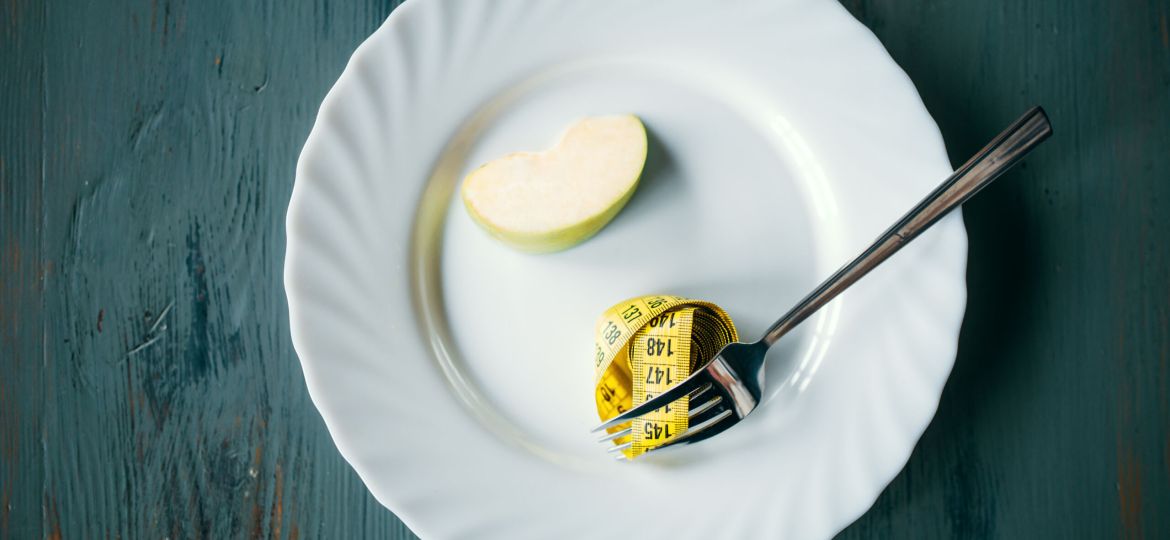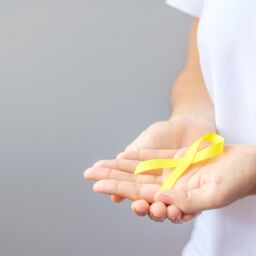
Weaponizing Nourishment: Abuse Through Food
By- Roxanne Guiney
An abuser can exert control and harm through food in many terrifying ways. They might feed their victims spoiled or otherwise inedible goods, refuse to buy or keep healthy foods, or disrespect allergy restrictions (Bennett, 2013; Bonchay, 2016; McBride, 2016). A narcissistic mother may even breastfeed her child beyond satiety to continue feeling the baby’s comfort (Davidson, 2021).
Narcissists don’t willingly give without expecting something in return, and food is no exception (Bonchay, 2016). If they are feeding someone, they will often either make their discontent known or use the act of feeding as a means of control (Davidson, 2021). Other abusers may also control their victim’s food as a means of control or a form of punishment (Bonchay, 2016).
Parents and domestic partners can weaponize food in different ways, and the more common methods stem from as many various intentions from their abusers.
Overfeeding
A recent debate has sparked in health groups of whether overfeeding a child should be considered abuse, even if unintentional (Reuters, 2007). However, when intentional, overfeeding a child, domestic partner (without consent), or a dependent adult to the point of damaging their health is abusive. Similar to underfeeding, overfeeding comes from a variety of reasons, most of which are rooted in narcissism. An abusive mother, for example, may overfeed her daughter so that she’ll gain weight, letting the mother keep her status as the more attractive woman (Davidson, 2021). Either parents or partners may overfeed their victims to the point that they are unable to do certain daily tasks by themselves, keeping them dependent on their abuser.
Underfeeding
An abusive person may control their victim’s food as a way to establish dominance, such as only allowing their victim to eat specific things or at certain times, and these rules may be entirely arbitrary (Bonchay, 2016). One of these rules, even unspoken, might include the abuser to feel entitled to the majority or all of the food as a show of their importance; anything they allow the victim to have is a gift, and anything the victim takes without permission is stealing or an insult (Bonchay, 2016; Hill, 2021; Madani, Frej, & Golgowski, 2018).
Like in the case of overfeeding a victim to the point of disability, underfeeding can be a method for abusers to form a co-dependent relationship with their victims (Davidson, 2021). If the victim relies on the abuser for food, because of either physical or psychological boundaries, they may be more compliant in other situations (Davidson, 2021). In some instances, the victim may become so weak they’re unable to get out of bed, making them entirely dependent on their abuser (Ballance, 2021).
Other times, however, underfeeding may be a way for the abuser to make the victim more attractive (Davidson, 2021). For example, a parent may want their daughter to be thinner to attract a high-status husband, or an emotionally abusive wife may restrict her husband’s food without consent so she’d find him more attractive.
Disregarding special diets
An abuser may refuse or conveniently forget to follow their victim’s special diet. This might be either a well-educated parent disregarding their child’s allergy, or an abuser trying to sabotage their partner’s plans for healthier eating (Bennett, 2013; Bonchay, 2016). At times, a narcissistic abuser simply can’t comprehend that another person wouldn’t want or need the same foods they do, so they might neglect other people’s differing food needs entirely (Bonchay, 2016).
Creating shame around food
In most cases, one thing abuse through food accomplishes is creating a deep layer of shame around food, eating, and weight (Davidson, 2021). For children, they may be ashamed of needing food at all if their caregiver always acts like feeding them is a terrible burden or requires excessive gratitude for a meal (Davidson, 2021). This is another method of creating a co-dependent relationship, as it creates the feeling in the victim that their caregiver is doing them a wonderful favor by giving them anything at all, and they may constantly try to make up for the burden they’re apparently causing (Davidson, 2021). For victims who are overfed, they may face harassment for their weight and feel shame about the amount they consumed, even if the amount wasn’t entirely their choice. For victims who are underfed, they may constantly worry that their food choices aren’t up to their abuser’s standards, or they may feel ashamed any time they eat (Hill, 2021).
What we as people put into our bodies is a major way we exercise agency and bodily autonomy. When this is taken away, it has a lasting negative effect on our sense of self and entitlement to basic health. Your food and your weight should always be your own choice, as you are the person who lives in your body.
We at ARO are here to support you in your personal healing journey to complete well-being. We bring awareness and education to 13 different types of abuse including Narcissistic, Sexual, Physical, Psychological, Financial, Child, Self, Cyberbullying, Bullying, Spousal, Elderly, Isolation, and Workplace, and help others heal and find peace. Please support our efforts by going to GoARO.org to learn how you can make an impact on the Abuse Care Community.
Sources
Ballance, R. (2021, May 4). Forbidden food. Hyde County Hotline. https://hydecounty-hotline.org/forbidden-food-2/
Bennet, P. (2013, March 13). Parents intentionally feeding kids allergens. Allergic Living. https://www.allergicliving.com/2013/03/13/parents-exposing-kids-to-their-allergens/
Bonchay, B. (2016, March 9). The disturbing combination of narcissism and food. Free From Toxic.
Davidson, C. (2021, October 9). Narcissistic mothers and food abuse. Psychological Healing Center. https://psychologicalhealingcenter.com/narcissistic-mothers-and-food-abuse/
Madani, D., Frej, W., & Golgowski, N. (2018, January 15). 13 siblings ‘held captive’ by parents, some in chains and starving, police say. Huffpost. https://www.huffpost.com/entry/children-found-chained-starving-parents-torture_n_5a5d3471e4b0fcbc3a12bbeb
McBride, F. (2016, August 3). South Carolina mother charged with killing 17-month-old by giving her salt. KLFY. https://www.klfy.com/uncategorized/south-carolina-mother-charged-with-killing-17-month-old-by-giving-her-salt/
Reuters. (2007, June 13). Doctors believe overfeeding children is abuse. https://www.reuters.com/article/uk-britain-obesity-idUKL1445735220070614
Stef Hill, S. (2021, October 12). Narcissists and food control. Better Today. https://medium.com/bettertoday/narcissists-and-food-control-b7ba2979c56
















